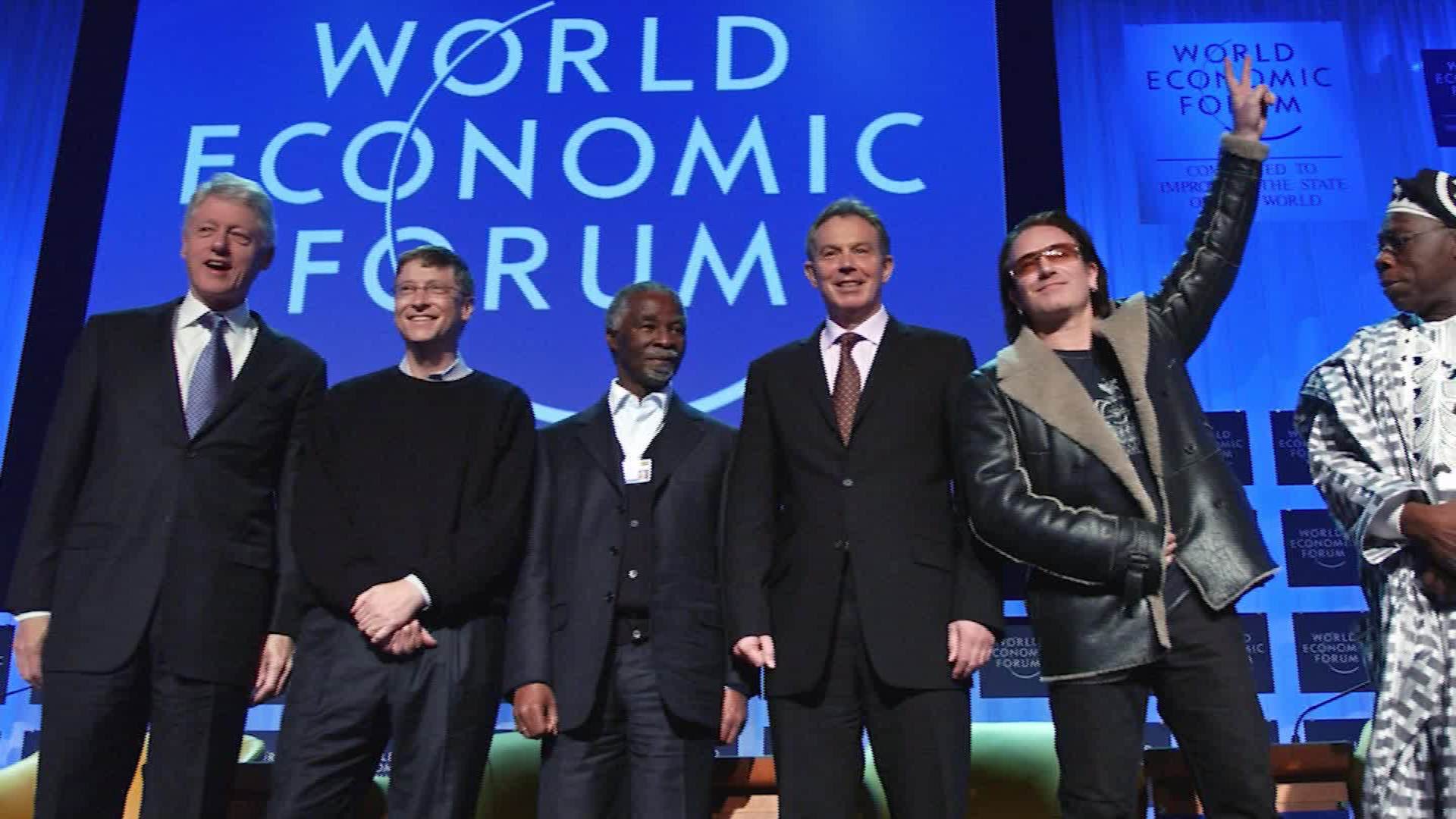
What is the World Economic Forum? The World Economic Forum (WEF) is a Swiss-based non-governmental organization founded in 1971 by Klaus Schwab. Known for its annual meeting in Davos, Switzerland, the WEF brings together business leaders, politicians, economists, and celebrities to discuss global issues. The forum aims to improve the state of the world by fostering cooperation between public and private sectors. Topics range from economic policies to environmental sustainability. The WEF also publishes research and reports on various global challenges. Its mission is to engage the foremost political, business, cultural, and other leaders to shape global, regional, and industry agendas.
What is the World Economic Forum?
The World Economic Forum (WEF) is a Swiss-based non-governmental organization. It brings together business, political, academic, and other leaders to discuss global economic issues.
- Founded in 1971 by Klaus Schwab, the WEF was initially called the European Management Forum.
- The WEF is headquartered in Cologny, Switzerland, near Geneva.
- The organization is best known for its annual meeting in Davos, Switzerland.
- The WEF's mission is to improve the state of the world by engaging leaders in partnerships to shape global, regional, and industry agendas.
Annual Meeting in Davos
The annual meeting in Davos is the WEF's flagship event. It gathers influential leaders from around the world to discuss pressing global issues.
- The first Davos meeting took place in 1971, with only 444 participants.
- Today, the event attracts over 3,000 participants from more than 110 countries.
- Attendees include heads of state, CEOs, and leaders from NGOs and academia.
- The meeting covers a wide range of topics, from economic policies to climate change and technology.
Key Initiatives and Projects
The WEF undertakes various initiatives and projects to address global challenges. These initiatives aim to drive positive change in different sectors.
- The Global Competitiveness Report ranks countries based on their economic competitiveness.
- The Global Gender Gap Report measures gender equality in various countries.
- The WEF's Young Global Leaders program identifies and supports future leaders under the age of 40.
- The Fourth Industrial Revolution initiative explores how emerging technologies can benefit society.
Controversies and Criticisms
Despite its influence, the WEF has faced its share of controversies and criticisms. Some argue that the organization is elitist and lacks transparency.
- Critics claim that the WEF promotes neoliberal policies that benefit the wealthy.
- The high cost of attending the Davos meeting has been a point of contention.
- Some activists argue that the WEF's environmental initiatives are insufficient.
- The organization has been accused of being out of touch with the needs of ordinary people.
Impact on Global Policies
The WEF has a significant impact on global policies and decision-making. Its recommendations often influence governments and international organizations.
- The WEF played a role in the creation of the Global Compact, a UN initiative for corporate sustainability.
- The organization's reports are frequently cited by policymakers and researchers.
- The WEF's Global Risks Report highlights potential global threats and helps shape policy responses.
- The WEF has been instrumental in promoting public-private partnerships.
Notable Participants
Over the years, many notable figures have participated in WEF events. These individuals have contributed to the forum's discussions and initiatives.
- Bill Gates, co-founder of Microsoft, has been a regular attendee.
- Angela Merkel, former Chancellor of Germany, has delivered keynote speeches at Davos.
- Greta Thunberg, the young climate activist, has used the platform to advocate for environmental action.
- Sheryl Sandberg, COO of Facebook, has participated in various panels and discussions.
Future of the World Economic Forum
The WEF continues to evolve and adapt to changing global dynamics. Its future initiatives will likely focus on sustainability, technology, and inclusivity.
- The WEF has launched the Great Reset initiative to rebuild the global economy post-COVID-19.
- The organization is increasingly focusing on sustainable development goals (SDGs).
- The WEF is exploring the ethical implications of artificial intelligence and other emerging technologies.
- The forum aims to increase diversity and representation in its events and initiatives.
Fun Facts
Here are some interesting and lesser-known facts about the WEF that might surprise you.
- The WEF has its own podcast called "World Economic Forum Podcasts."
- The organization has a unique status as an international institution for public-private cooperation.
- The WEF's logo features a stylized globe with a line through it, symbolizing global connectivity.
- The forum's official language is English, but simultaneous translation is provided in several other languages.
The Final Word on World Economic Forum Facts
The World Economic Forum (WEF) is more than just an annual meeting. It’s a hub for global leaders to tackle pressing issues. From its founding in 1971 by Klaus Schwab to its role in shaping economic policies, the WEF has left a significant mark. The forum’s initiatives like the Global Competitiveness Report and the Global Gender Gap Report provide valuable insights into global trends. The WEF also emphasizes sustainability and inclusive growth, aiming to create a better future for all. With its focus on public-private cooperation, the WEF continues to influence global agendas. Understanding these facts helps us appreciate the forum’s impact on the world stage. So, next time you hear about the WEF, you’ll know it’s not just a meeting but a powerful force for change.
Was this page helpful?
Our commitment to delivering trustworthy and engaging content is at the heart of what we do. Each fact on our site is contributed by real users like you, bringing a wealth of diverse insights and information. To ensure the highest standards of accuracy and reliability, our dedicated editors meticulously review each submission. This process guarantees that the facts we share are not only fascinating but also credible. Trust in our commitment to quality and authenticity as you explore and learn with us.
